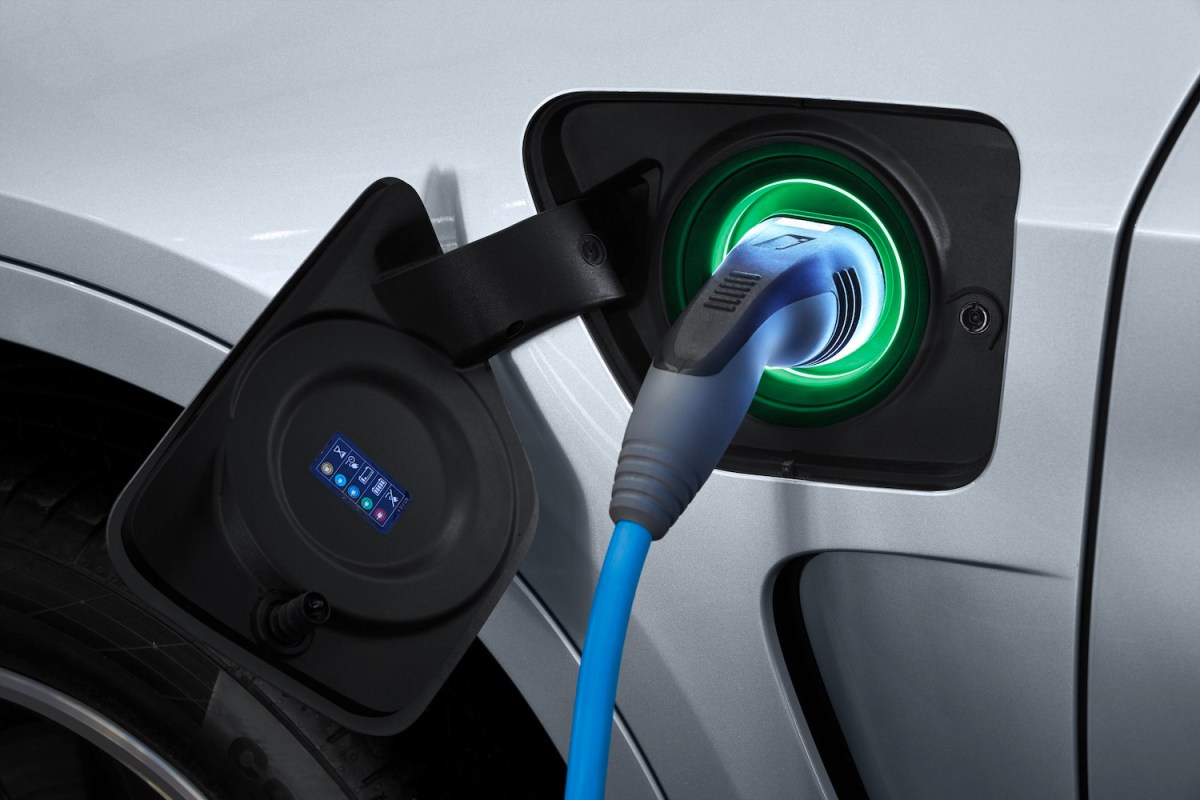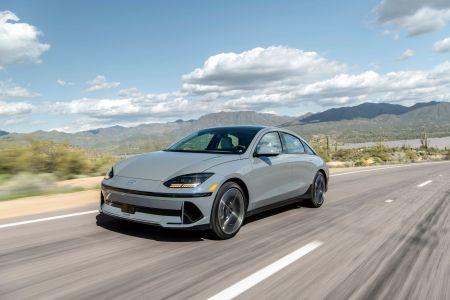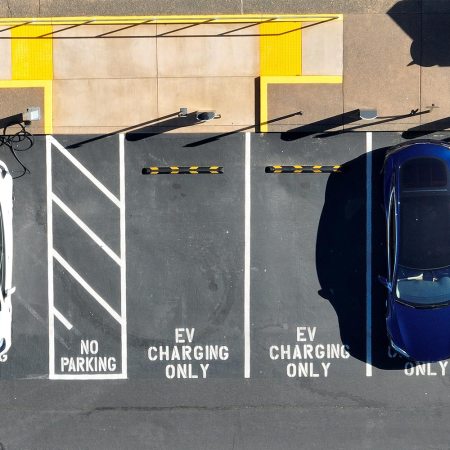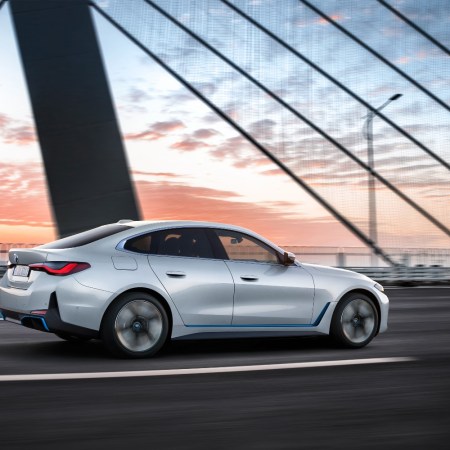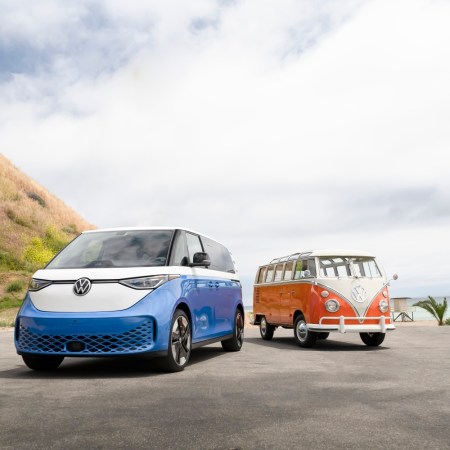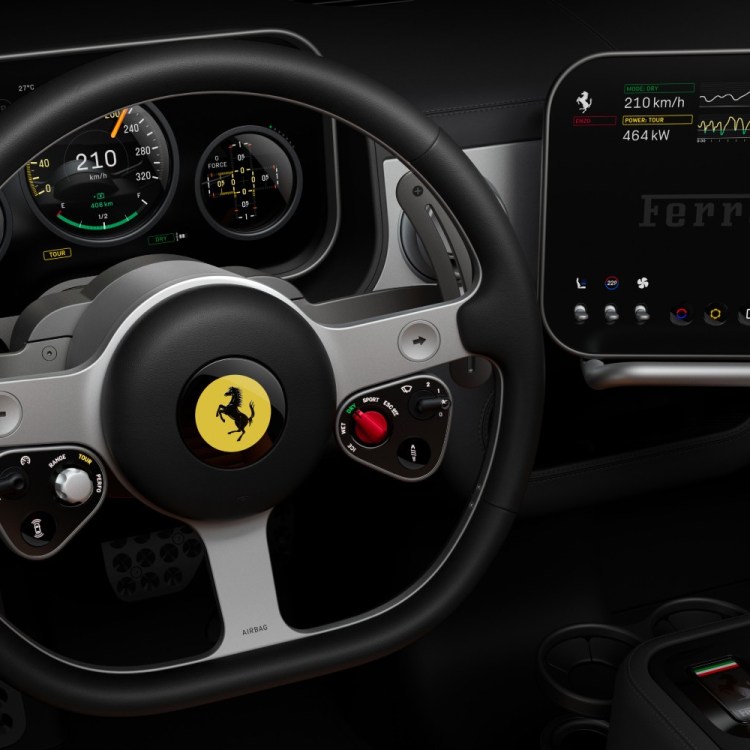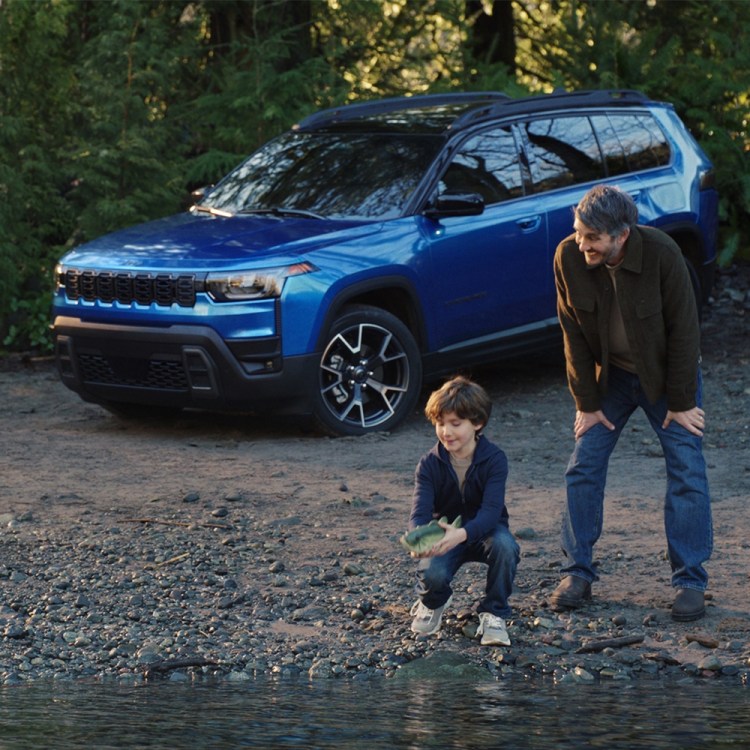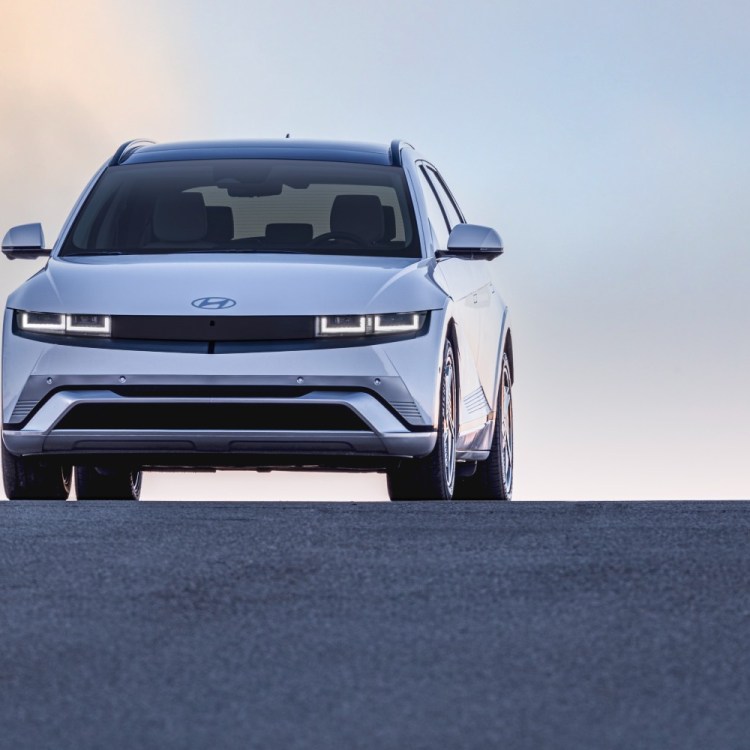One of the biggest hurdles limiting electric vehicle adoption in the U.S. is the lack of a substantial and reliable charging network. Though range anxiety has been mitigated somewhat with improved EV batteries, keeping an electric car charged up is a bigger hassle and more stressful than filling up a combustion-powered car’s tank. Charging at home is a luxury that is incompatible with many driver’s living situations.
It’s a problem for the companies invested in sell us EVs, too. That’s why seven of them have partnered up to do something about it.
Automakers BMW, Stellantis, GM, Mercedes-Benz, Honda, Kia and Hyundai have announced a joint venture to bring 30,000 fast-charging stations across North America, first in the U.S. and then to our neighbor to the North, Canada. This news comes off the back of many rapid-fire announcements that major car companies have reached agreements with Tesla allowing non-Tesla EV car owners the ability to utilize its vast and once-exclusive charging network. This new and currently unnamed network will use both North American Charging Standard (NACS) and the Combined Charging System (CCS) that most non-Tesla vehicles in the U.S. are fitted with.
Additional details are thin, though the plan includes building chargers along highways and in urban areas, with the plan to go beyond just a box in the back of a parking lot. Stations will include canopies where possible and have restrooms, food options and other retail operations, either in the same complex or nearby. Other “flagship stations” will have additional as yet unspecified amenities included. Stations will also use renewable energy when possible, to ease the burden on local networks.
Review: The 2023 Hyundai Ioniq 6 Dares You To Look Away
Hyundai tempts SUV buyers with a sleek sedan that’s like little else in the EV spaceExpect the navigational apps in the vehicles of these participating automakers to factor these new stations in their route planning and optimization, as well as integrated payment applications and to use plug-and-charge tech to make the experience as seamless as possible.
On the whole, the prospect of major EV manufacturers getting more involved with the infrastructure issue is a positive thing. Beyond partnerships with third parties, like ChargePoint and VW Group subsidiary Electrify America that include free charging periods and other incentives, automakers have been fairly hands-off, focusing on the vehicles, while user-end experiences have been mixed.
Bad experiences spread online or by word of mouth have marred the reputation of public charging stations as a whole. Stories like broken connections, bricked interfaces and the convoluted payment process have given would-be EV adopters pause. Having automakers step in to rehabilitate the network’s rep with an elevated customer experience is a welcome change.
Of course, it’s all wishful thinking until we see it in practice. The consortium’s statement claims that the first stations will open in the U.S. in the summer of 2024, and we’re hoping to get further details in the meantime.
Thanks for reading InsideHook. Sign up for our daily newsletter and be in the know.
